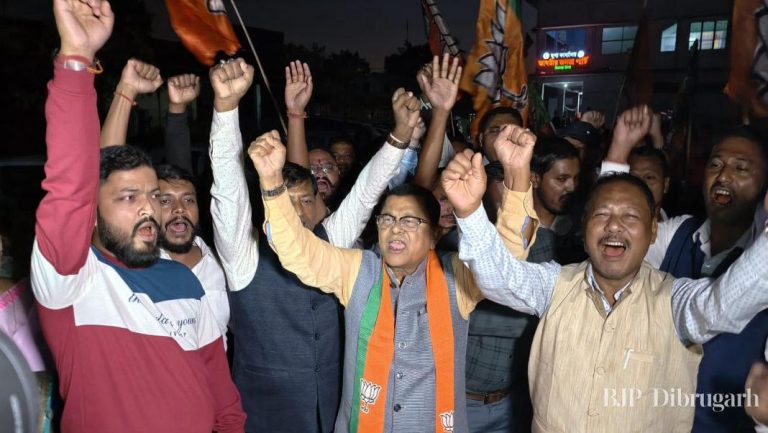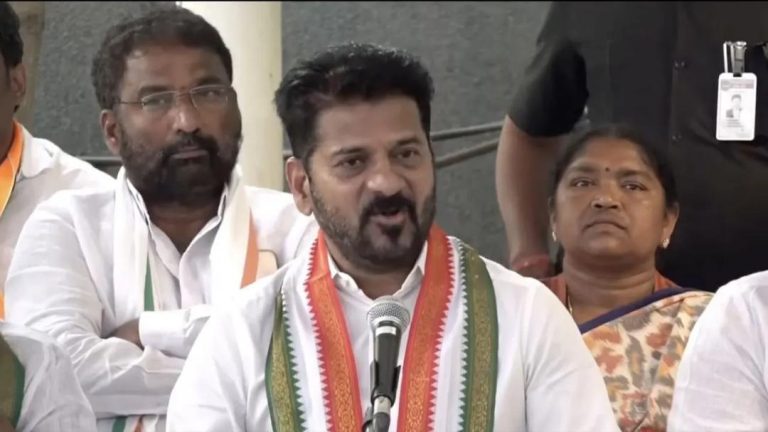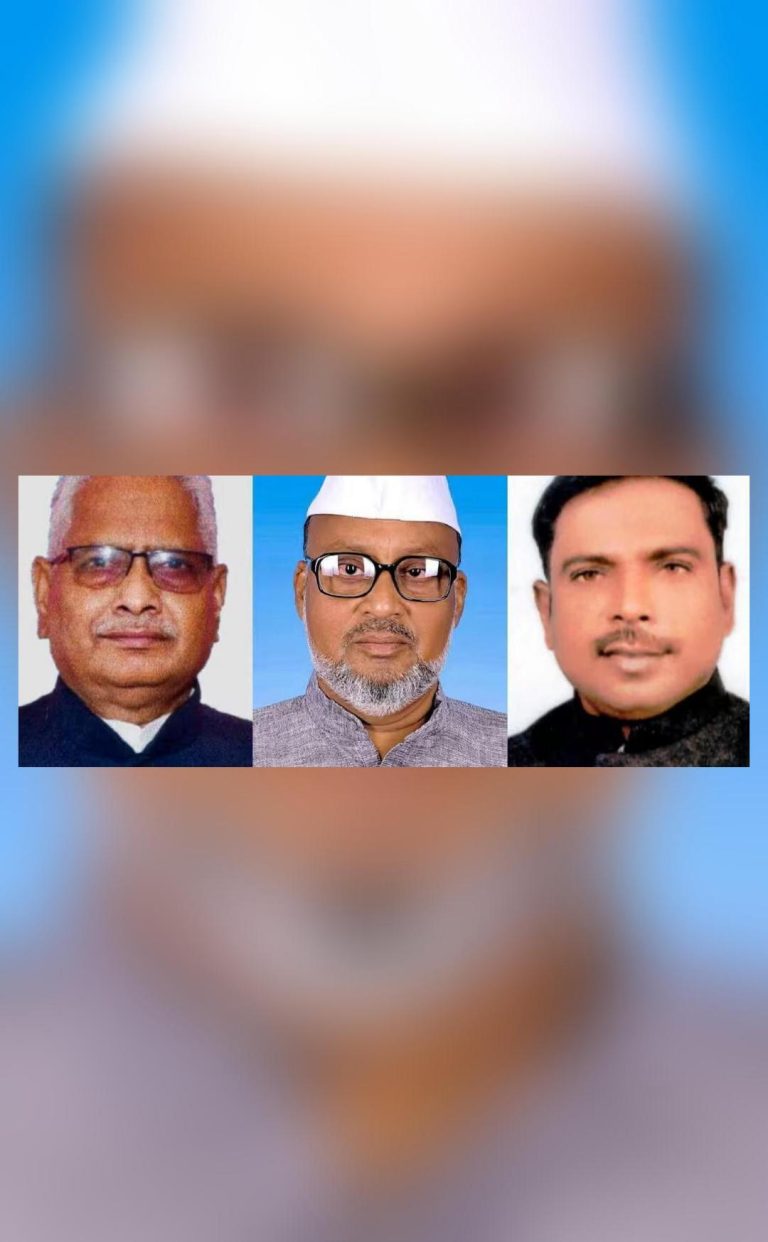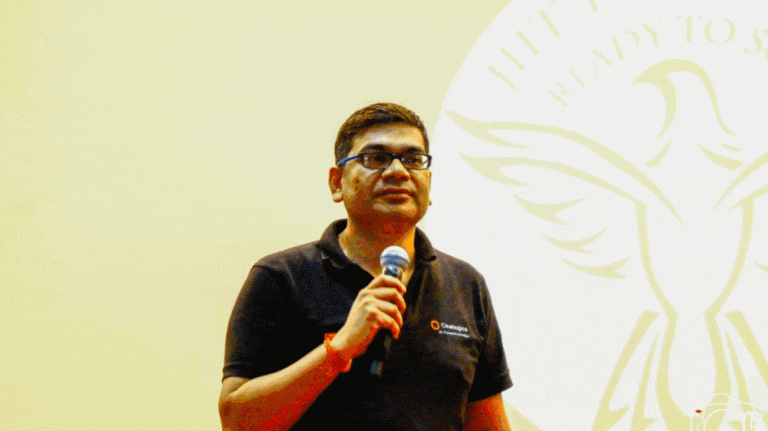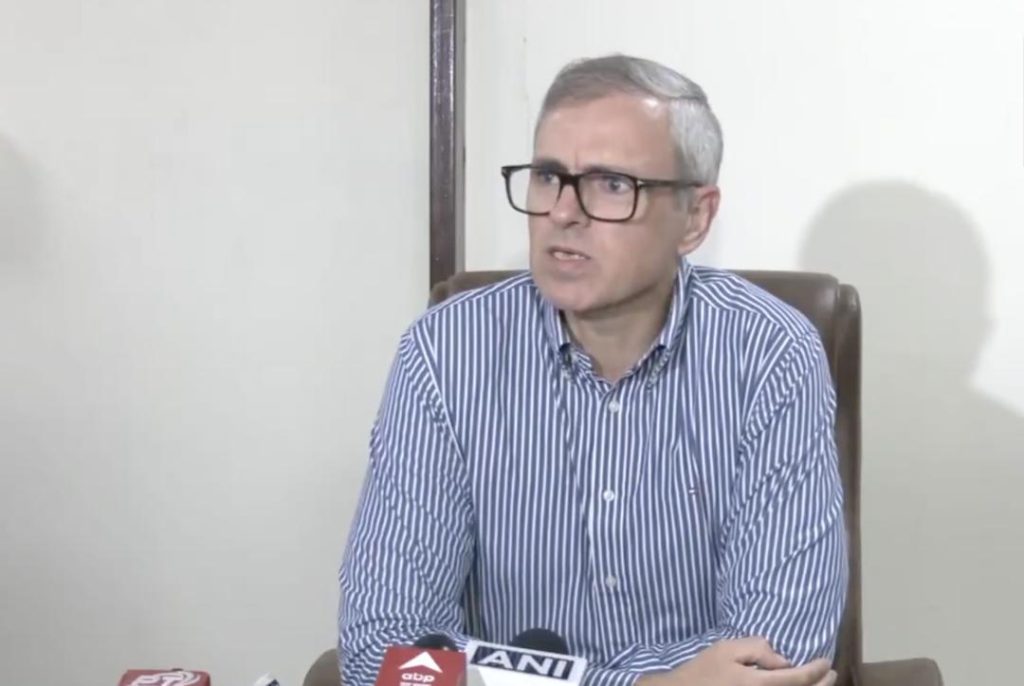
Why should I send water to Punjab?: J&K CM on canal proposal
In a recent development, the Chief Minister of Jammu and Kashmir, Omar Abdullah, has raised questions over the proposed 113 km-long canal aimed at redirecting surplus water from three western rivers of the Indus system in J&K to Punjab, Haryana, and Rajasthan. The canal, which has been a topic of discussion for quite some time, has sparked a heated debate, with many arguing that it would benefit the three states at the expense of J&K’s interests. In a statement, Omar Abdullah expressed his concerns, questioning the rationale behind sending water to Punjab, which already has an adequate supply under the Indus Waters Treaty.
The Indus Waters Treaty, signed in 1960, is a bilateral agreement between India and Pakistan that allocates the waters of the Indus Basin among the two countries. The treaty is a complex arrangement that ensures the equitable distribution of water resources between the two nations. According to the treaty, the waters of the eastern rivers (Ravi, Beas, and Sutlej) are allocated to India, while the western rivers (Indus, Jhelum, and Chenab) are allocated to Pakistan. Punjab, being a major beneficiary of the Indus Waters Treaty, has been receiving a significant share of water from the western rivers.
Omar Abdullah’s remarks have sparked a controversy, with many questioning the J&K CM’s motivations. Some have argued that the canal proposal is a precursor to resolving the long-standing issue of water scarcity in the three states, while others have claimed that it is a ploy to undermine J&K’s interests. However, the CM’s concerns are not entirely unfounded. The Indus Waters Treaty has been a source of tension between India and Pakistan, with both sides accusing each other of violating the treaty.
In recent years, the water levels in the western rivers have been declining, leading to concerns over the long-term sustainability of the water supply in Punjab, Haryana, and Rajasthan. The three states have been facing severe water scarcity, with the situation exacerbated by the declining groundwater levels and changing climatic patterns. The proposed canal is seen as a solution to address this issue by redirecting surplus water from J&K to the three states.
However, Omar Abdullah’s question – “Why should I send water to Punjab?” – highlights the concerns of J&K residents over the equitable distribution of water resources. The CM’s statement is a reflection of the long-standing grievances of the people of J&K, who feel that they have been marginalized in the sharing of water resources. The Indus Waters Treaty, while ensuring the equitable distribution of water resources between India and Pakistan, has created an imbalance in the distribution of water within India.
The proposed canal is not the first instance of water being redirected from J&K to other states. In the past, water from the western rivers has been diverted to other parts of the country, leading to concerns over the long-term sustainability of the water supply in J&K. The CM’s remarks are a reminder that the water resources of J&K are not limitless, and that any decision to redirect water to other states should be taken in consultation with the people of J&K.
The controversy surrounding the canal proposal highlights the need for a comprehensive dialogue on the sharing of water resources in India. The Indus Waters Treaty, while a significant achievement, has its limitations. The treaty does not address the concerns of states like J&K, which are not party to the treaty. The proposed canal is an opportunity for the central government to re-examine the water sharing agreements and ensure that all parties are involved in the decision-making process.
In conclusion, while the proposed canal may be seen as a solution to address the water scarcity in Punjab, Haryana, and Rajasthan, it is essential to consider the concerns of J&K residents over the equitable distribution of water resources. The CM’s question – “Why should I send water to Punjab?” – is a reminder of the need for a comprehensive dialogue on the sharing of water resources in India. As the debate surrounding the canal proposal continues, it is essential to prioritize the interests of all stakeholders and ensure that the decisions taken are equitable and sustainable.
